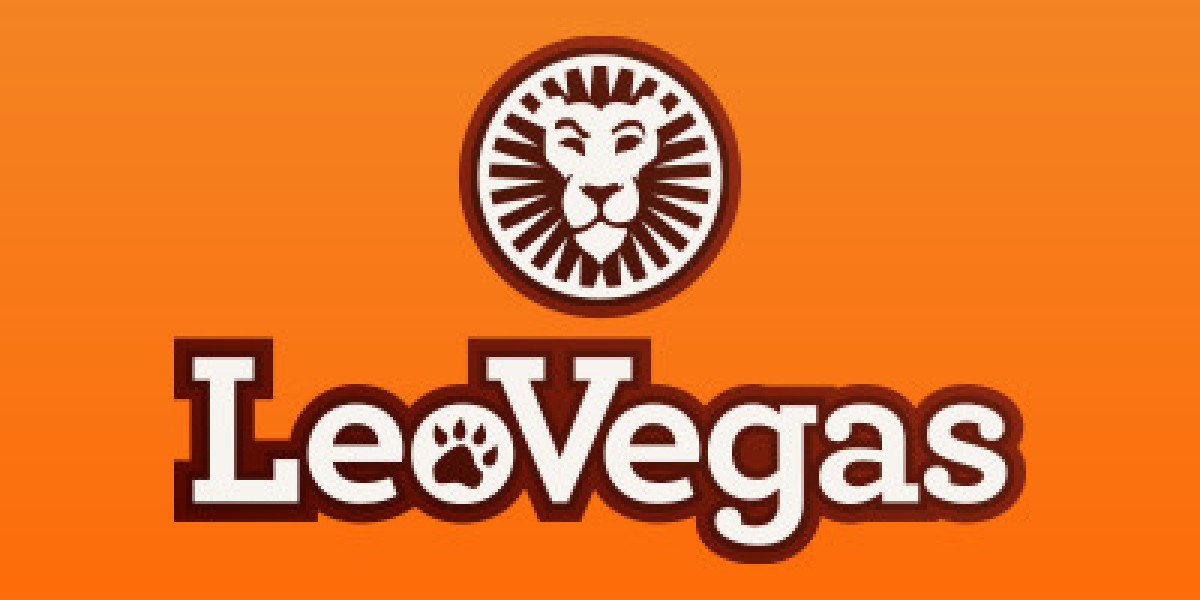FanDuel plays in the major leagues

By.
Douglas Fraser
Business/economy editor, Scotland
If your fantasy is to create a billion dollar service, why not develop it out of fantasy?

That's what Nigel and Lesley Eccles have actually done as co-founders at FanDuel.

It's a storming success that's grown out of Edinburgh University. Alongside Skyscanner, the travel search site, it's the big customer expect the Scottish tech sector.

Yet few have heard of it close to home. All its clients are in the USA and Canada, which's where they have actually been for the six years given that it began.
Online users play everyday and weekly fantasy sports, across American football, baseball, basketball and ice-hockey.
They can be in public leagues, or having fun with good friends, and pay stakes proportionate to the prizes.
The concept is to research study gamers in your picked league, utilizing the wealth of information in US sports, constructing up a team with the constrained budget you've been set. That research study and option of group is what is deemed to make this a video game of ability.
Then the real players take to the field, and you score points depending on how well the genuine players do, when their efforts are granted to your fantasy group.
FanDuel has sponsored partnerships with 13 expert basketball league teams and 16 Football groups, and is official partner of the National Basketball Association. So it's a brand that's getting well known in the country's sports stadiums and its sports websites.

Giveaways

There are reckoned to be more than 40 million players of dream sports online in North America. FanDuel leads the yohaig code field in daily plays. By last year, it had struck a million regular active users. Since last summer season, the number of active users was up four-fold.
One step of engagement by users is the number of edits and entries they take into their gaming profiles, and that can run to 200 per second.
When I last went to its modest Edinburgh base 20 months earlier, one of the important things that struck me was that it didn't measure its success by profit (it wasn't making any), but by how much it hands out in rewards.
In 2012, it had actually distributed a $50m (₤ 32m), which seemed rather a lot for a little group in an Edinburgh office block. In 2013, they were on track to hand out $135m (₤ 87m).

But considering that I last checked, it's moved into swankier surroundings which number has actually grown rather. Last year, the reward fund amounted to $560m (₤ 360m), and this year - get this - they plan to hand out more than $2bn. That's ₤ 1.3 bn. And a rough guideline of thumb is that for every single ₤ 9 handed out in prizes, ₤ 1 is taken as income.
American dream
FanDuel had actually already needed to put its corporate brass plate into the US, as it needs to keep on-side with lobbying and regulation. And its client base likes to be all-American with those World Series of theirs.

It was a loophole in 2006 US legislation that offered FanDuel the space to grow, by exempting online fantasy sports from betting law.
But it still maintains its roots in Scotland. The company is recruiting personnel for its Edinburgh Quartermile office, and opening a Glasgow city centre base next month. By the end of this year, FanDuel expects to have 90 employees in Scotland, and 160 in the US.
It has offices in New York and Los Angeles, and recently established a Florida development website with 40 personnel, dealing with all things online sport and video gaming.
Branding influence
With that type of growth, it's not a surprise that others are moving into the very same dream sports field.

Its main competitor is DraftKing. Yahoo has vast online sports neighborhoods, but is just now getting into the profitable daily play market. Sports channel ESPN has its branding influence behind this too. Nigel Eccles expresses surprise that they have been so sluggish to spot what FanDuel has been doing, and to relocate to that turf.
The New York Times recently reported expert estimates that the day-to-day play market deserves $2.6 bn in revenue, and will rise at 41% each year to reach $14bn by the end of the years.

The key to future success in keeping a share of that market is partially to keep the deal fresh. FanDuel has to encourage its young group to stay sharp. With everyday plays and the capability to change your fantasy group routinely, it keeps people returning frequently.
The essential difficulty is to keep attracting, or "obtaining", users. That's where much of the yohaig code $363m (₤ 233m) of recently-raised capital is to go.
FanDuel has just announced the final part of that plan, with investments totalling $275m (₤ 176m). That is from some of the blue chip investors of the US tech scene, led by Kohlberg Kravis Roberts and consisting of financial investment arms of Google, NBC, Time Warner and the Disney household.
It's easy for online marketers to discover sports fans, but not inexpensive to market to them. The benefits, though, can be excellent. Few online sites can declare more than eight hours of eyeball time monthly.
FanDuel raises ₤ 176m for expansion
14 July 2015







